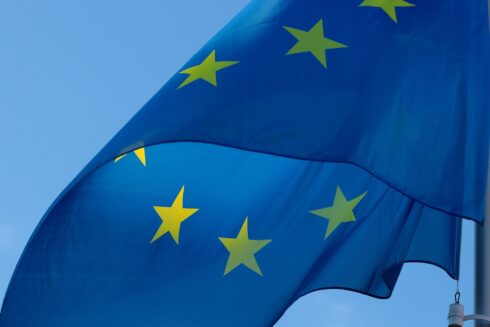
Over the weekend, the European Council presidency and the European Parliament’s negotiators concluded three days of talks to reach a provisional agreement on a proposal for regulating AI in the European Union (EU).
“The draft regulation aims to ensure that AI systems placed on the European market and used in the EU are safe and respect fundamental rights and EU values. This landmark proposal also aims to stimulate investment and innovation on AI in Europe,” the European Council wrote in a press release.
Under the artificial intelligence act, the EU plans to regulate AI using a risk-based approach. For situations that are riskier, more strict rules will be imposed. AI with limited risk would still be subject to “transparency obligations” to ensure users can make informed decisions on AI-generated content.
The artificial intelligence act also sets up a fine system that is percentage based, so that fines would be proportional to the revenue of the company (or a fixed amount if it is higher than the percentage would be).
In addition to imposing new rules, the regulation will also sets new measures to support innovation of AI systems. New provisions have been added to support testing of these systems in real world conditions.
The negotiators will continue working on finalizing the details of the regulation over the next few weeks, and the regulation will not go into effect until at least 2025.
“This is a historical achievement, and a huge milestone towards the future! Today’s agreement effectively addresses a global challenge in a fast-evolving technological environment on a key area for the future of our societies and economies. And in this endeavour, we managed to keep an extremely delicate balance: boosting innovation and uptake of artificial intelligence across Europe whilst fully respecting the fundamental rights of our citizens,” said Carme Artigas, Spanish secretary of state for digitalisation and artificial intelligence.





